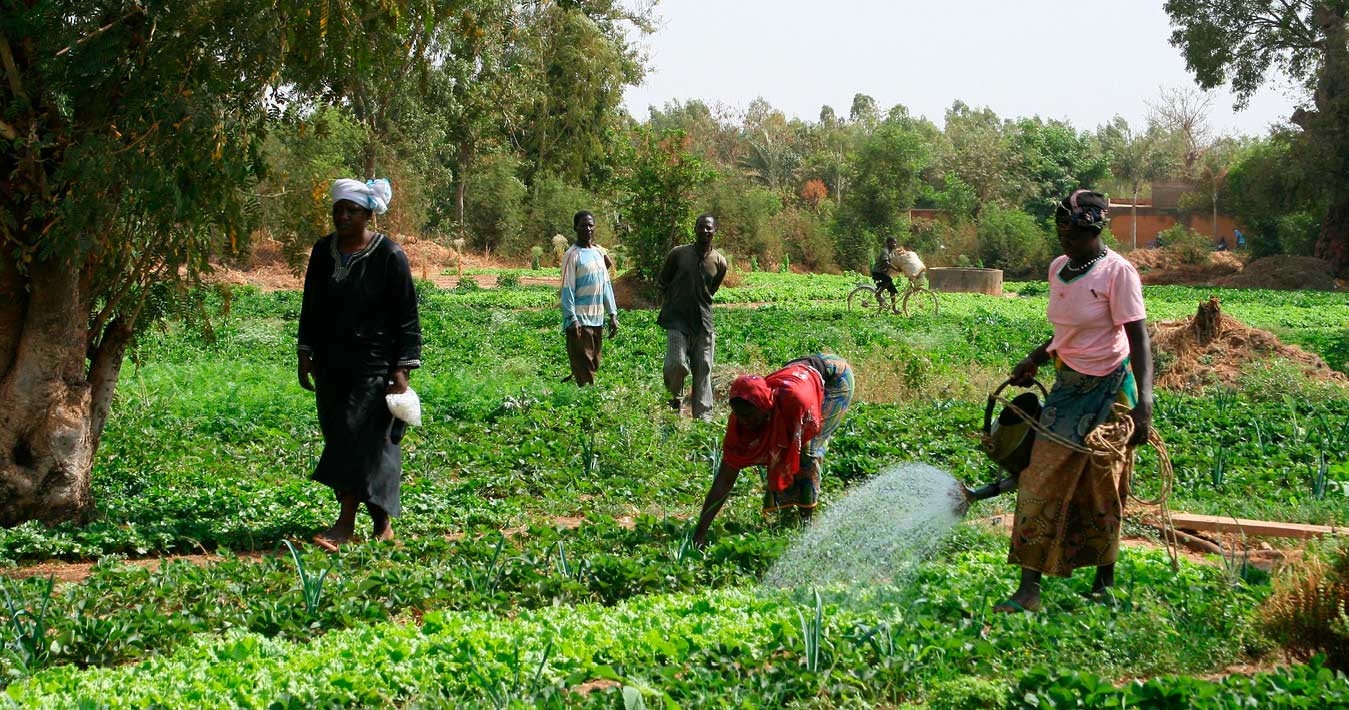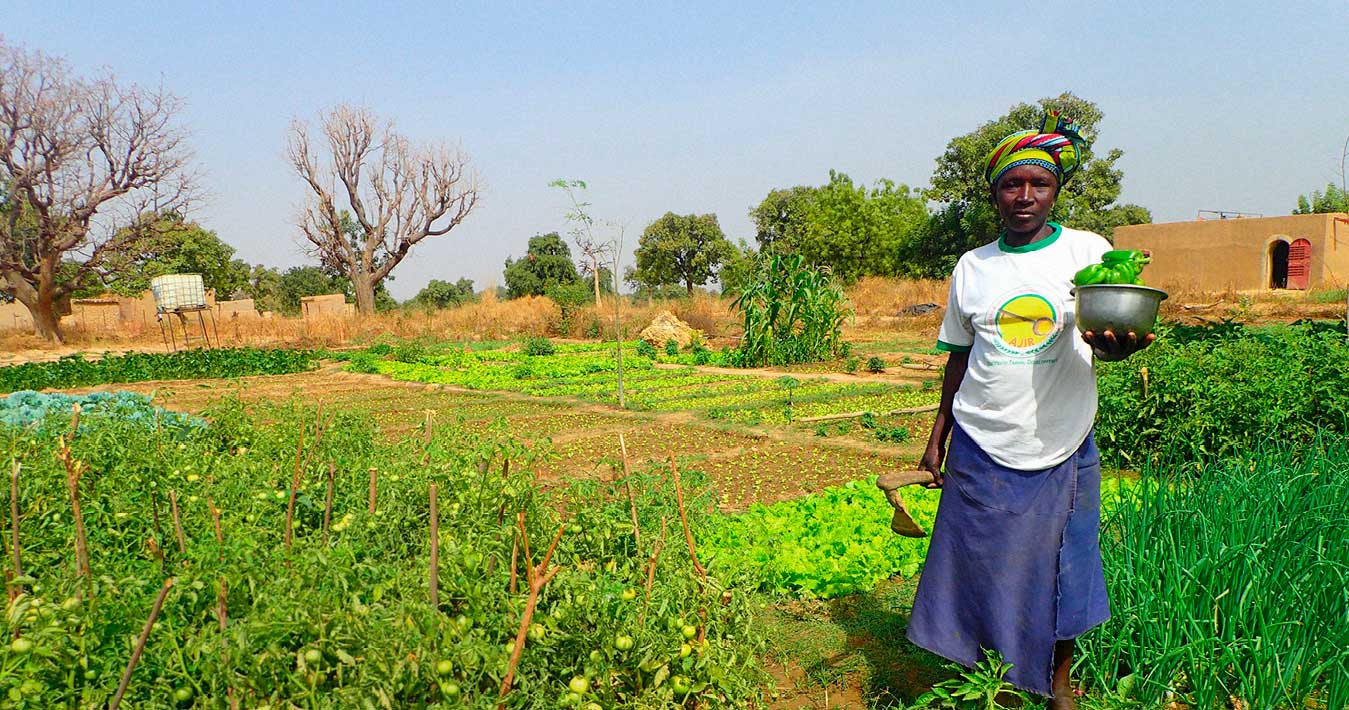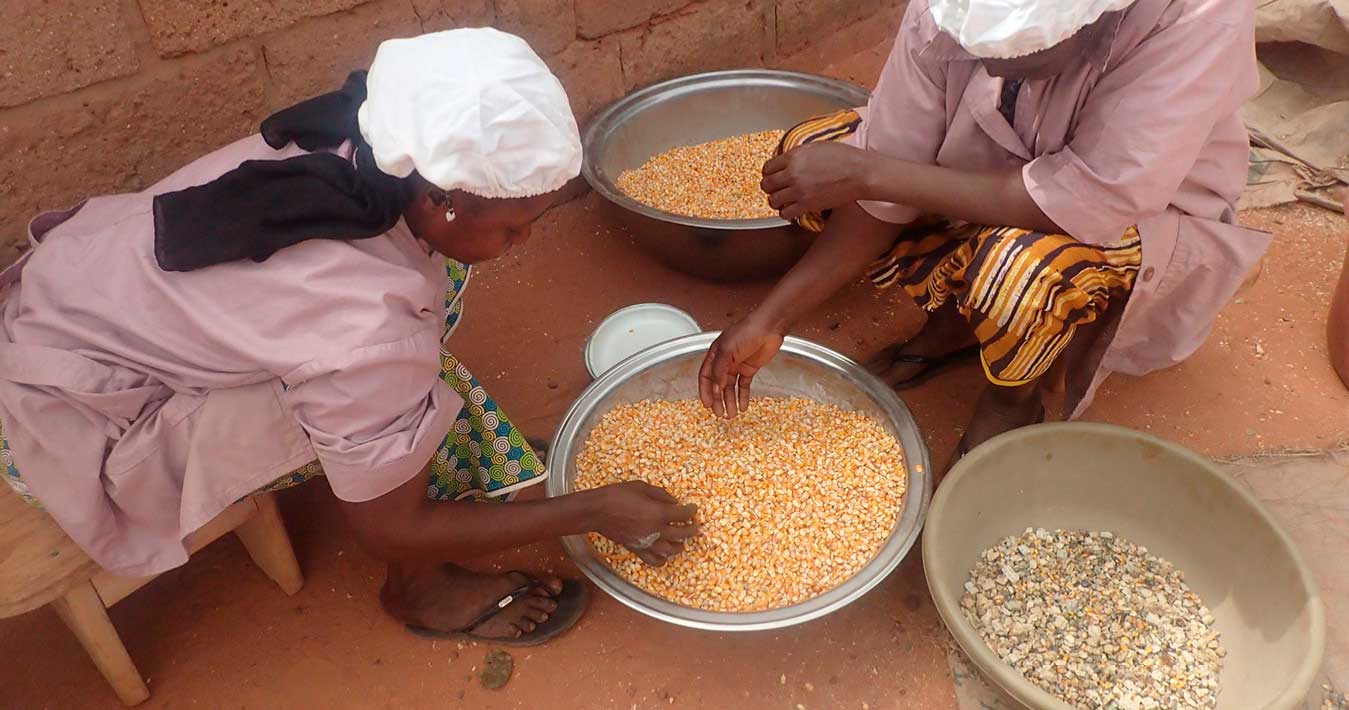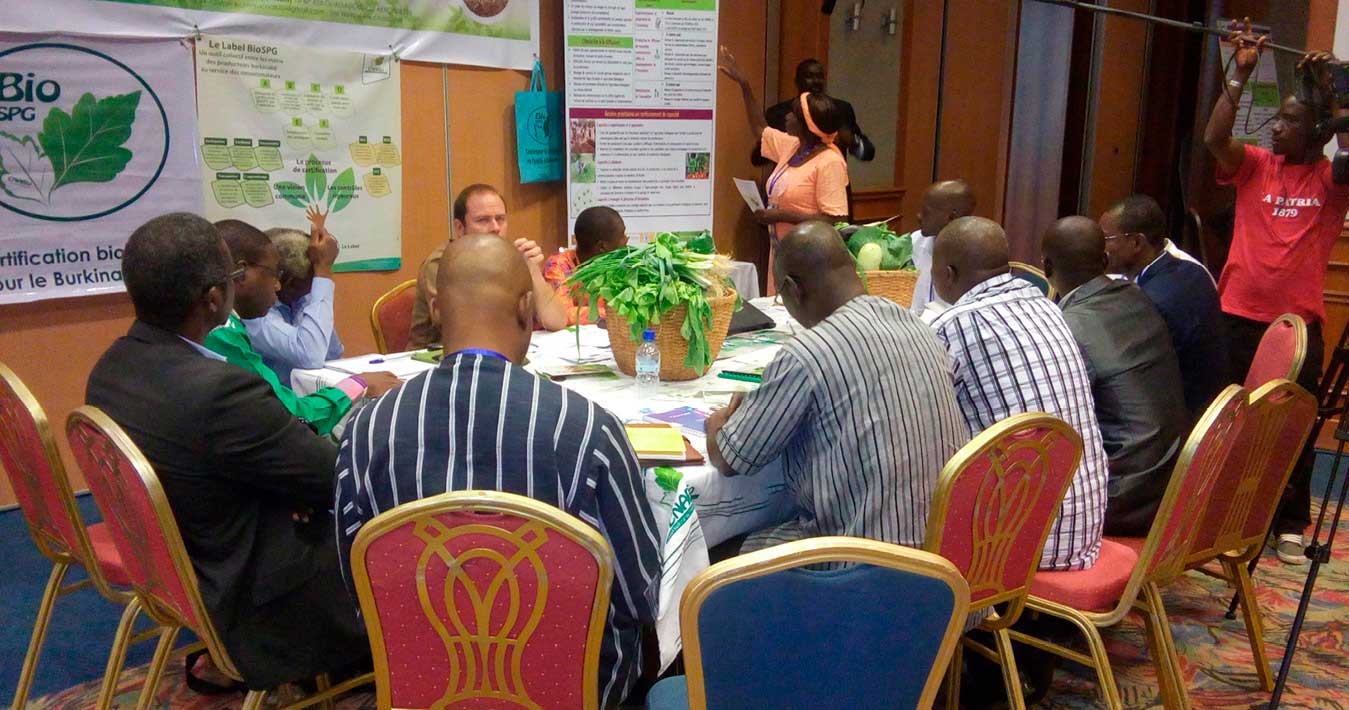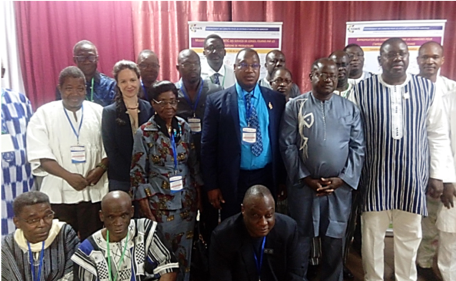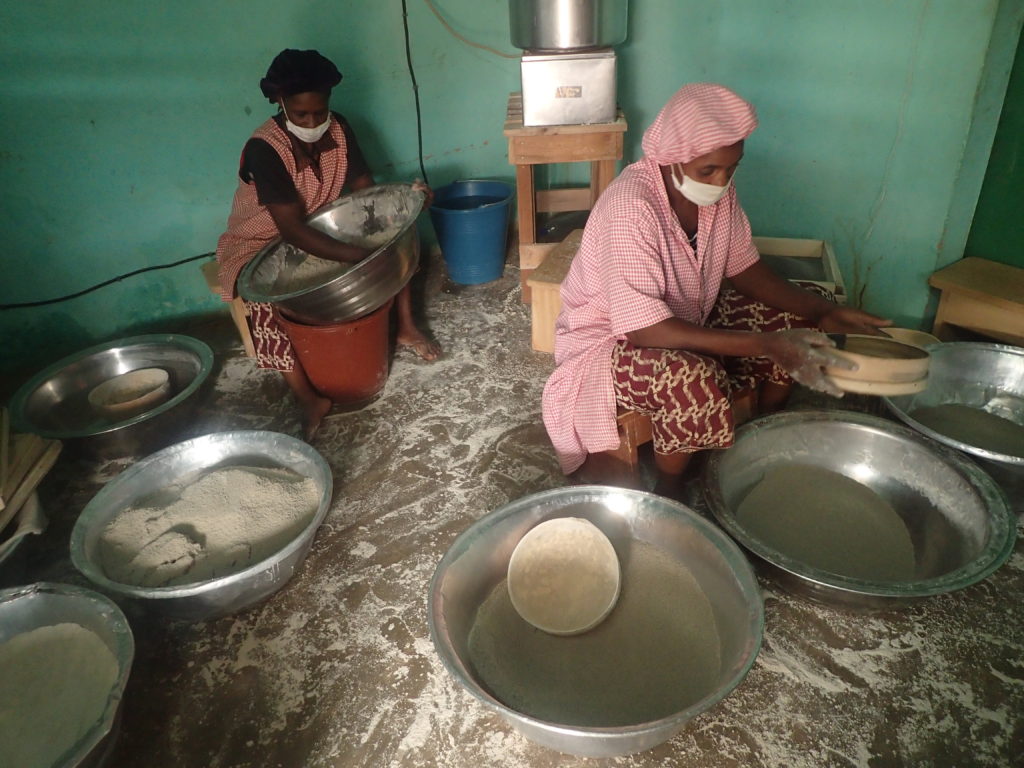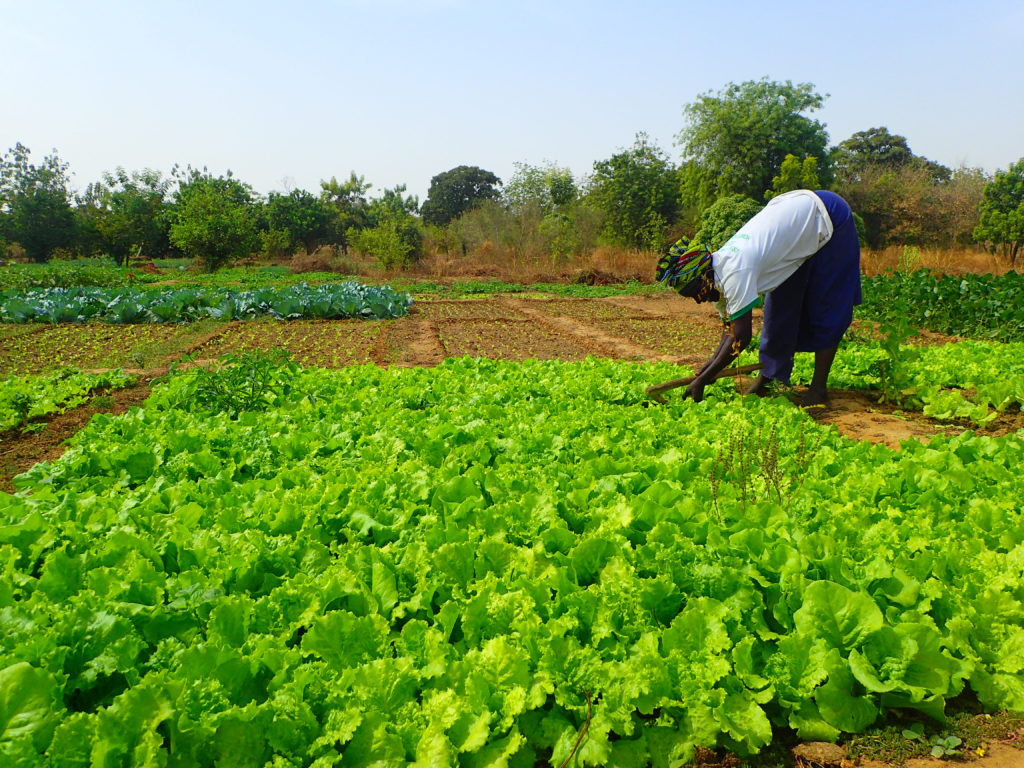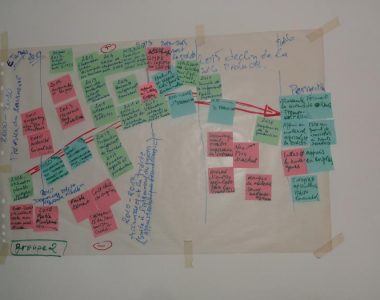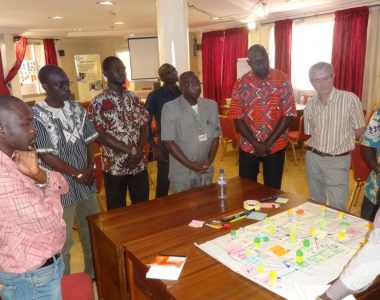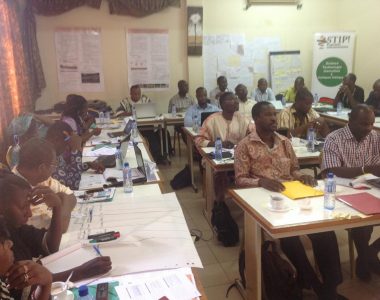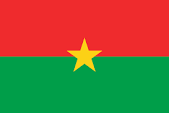
Challenges
Burkina Faso is a low-income, landlocked sub-Saharan country, with limited natural resources. The economy is heavily reliant on agriculture, with almost 80% of the active population employed in the sector. Farming accounts for 19% of GDP and a further 11% from livestock production. Cotton is the most important cash crop with exports of 255 000 tons in 2013. There are increasing opportunities for other products, particularly sesame and cashew nuts, but value chains are poorly developed.
The agricultural sector needs to speed up productivity gains, one way being through improved access to agricultural inputs and equipment. The government is pushing ahead with integrated development programmes at national and provincial levels. A Ministry of Scientific Research and Innovation was also created in 2011 to support research for improving socio-economic development. And to foster greater productivity and sustainability in the agricultural sector, multi-stakeholder ‘innovation platforms’ have been established. These build and strengthen relationships and dynamics between those involved, and especially along key value chains. There are also many local initiatives, such as innovation niches supported by NGOs, farmer organizations or private firms that aim at promoting more sustainable farming systems like organics or agroecology.
And there have been encouraging impacts on the lives of the rural poor already, despite the recurring difficulty in the scaling-up successful innovations. Also, in spite of the government’s political will to encourage innovation, the innovation system approach is being challenged on several fronts.
One example is that the private sector plays only a very limited role in financing research or promoting innovative activities. Another is that coordination and investment in agricultural extension services is weak, and there is insufficient infrastructure and equipment for innovation design, dissemination and scaling-up.
The CDAIS project will help stakeholders in Burkina Faso to build and implement a national vision for capacity development in agricultural innovation systems. Based on existing initiatives that facilitate and promote agricultural innovation, capacity development needs and interventions will be tailored to the specific needs of each.

